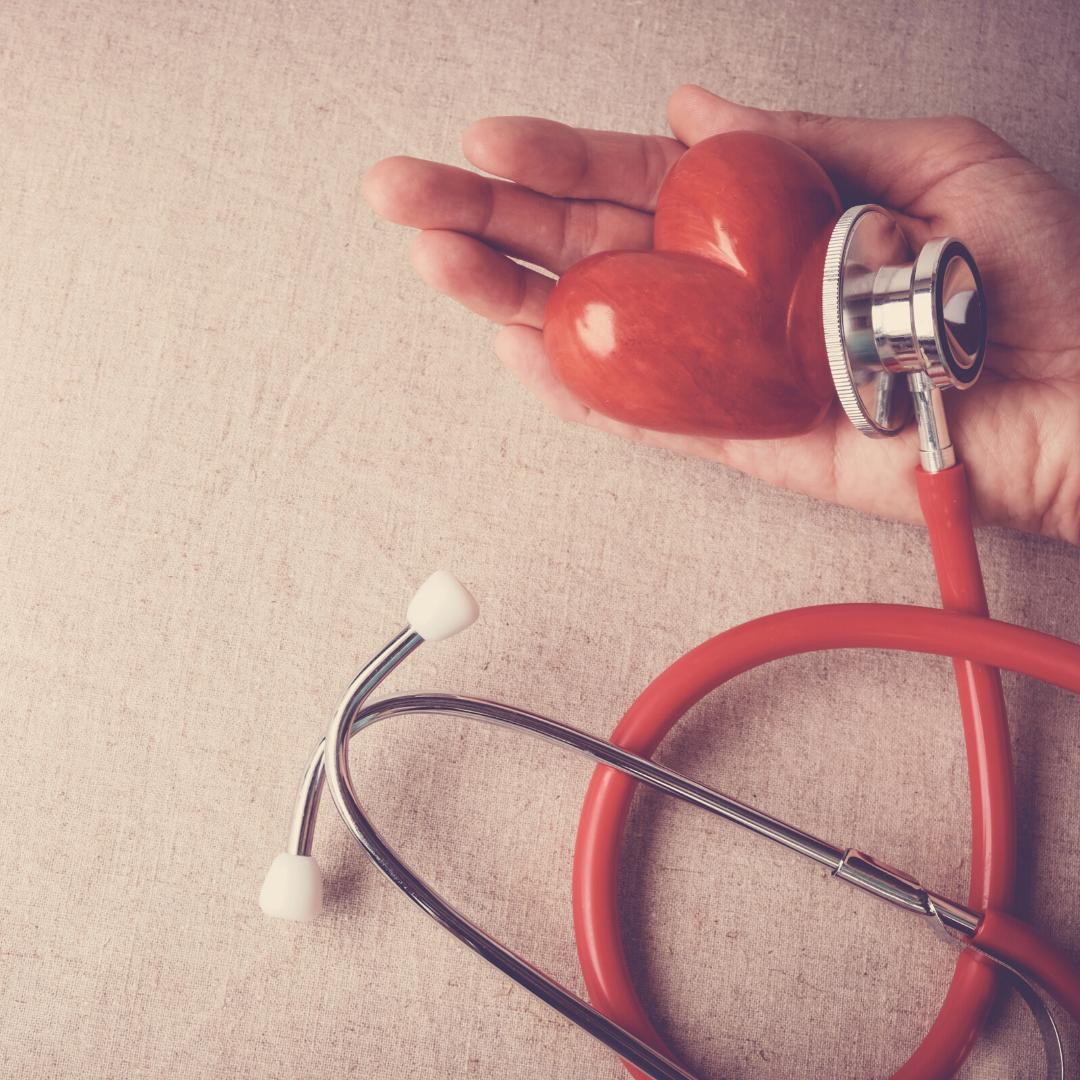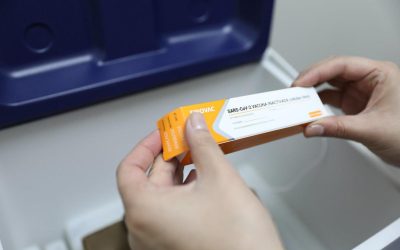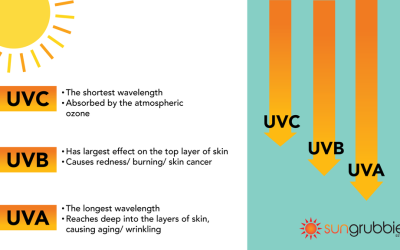Hypertension and Why Monitoring Blood Pressure is Important
Hypertension is the most common preventable cause of cardiovascular disease. As high as 25% of Singaporeans aged 40 – 69 suffer from hypertension. That is a whopping 1 in 4 ratios! Health Promotion Board data from 2015 shows that 74% of patients who have had heart attacks had hypertension as a risk factor.
Your heart is the most important organ in your body; and we should always love and care for it.
What exactly is hypertension?
Hypertension is the state of elevated blood pressure.
Having attained the name “silent killer”, hypertension shows almost no symptoms until it has done significant damage.
You won’t even know you have it until it’s too late.
Watch out for these risk factors!
Modifiable risk factors include unhealthy diets (a diet high in saturated and trans-fat, high intake of processed food, colored drinks and sweetened foods, low intake of fruits and vegetables), lack of regular physical activity, and consumption of tobacco and alcohol.
Non-modifiable risk factors include old age (averagely above the age of 65) and a family history of hypertension.

Why should I be worried?
Many of us must be thinking, why should I be worried?
Long-term complications of uncontrolled and high hypertension are:
1. Heart attack, which occurs when the blood supply to the heart is blocked and heart muscles die from the lack of oxygen.
2. Heart failure, which occurs when the heart is unable to pump sufficient blood and oxygen to the other organs in the body.
3. Stroke
4. Chronic renal failure or impairment, the failure of the kidney to filter waste and fluid from the blood (hypertension is one of the top 2 reasons for patients requiring renal dialysis)
How do you know if you have hypertension?
Check your blood pressure!
Traditionally, diagnosis is done in the doctor’s office with a blood pressure machine. Doctors then use this measurement to determine whether the patient is at risk of hypertension. However, there is a potential inherent inaccuracy with taking blood pressure the traditional way. The tendency to over-measure the patient’s blood pressure due to:
- “White-coat” hypertension
Some individuals experience elevated blood pressure when in a medical setting due to the stress or anxiety of being in a doctor’s office. “White-coat” hypertension accounts for almost 20% of the total number of patients diagnosed with hypertension.
- Lack of adequate rest before the blood pressure is taken
Sleep helps your body regulate the stress hormones to maintain your nervous system. Lack of adequate rest could affect your body’s ability to manage your stress hormones, hence affecting your blood pressure.
- Smoking or caffeine intake before being tested
Smoking and caffeine can immediately raise your blood pressure temporarily, causing an inaccurate diagnosis of your true blood pressure.
How else can you better take your blood pressure?
Diagnosis is no longer limited to being at the doctor’s with the creation of the 24 hours Ambulatory Blood Pressure Measurement (ABPM) and the Home Blood Pressure Measurement (HBPM).
What is ABPM?
ABPM measures your blood pressure for 24 hours as you go about your daily life.



The machine checks your blood pressure every 30 – 60 minutes at fixed intervals and then takes the average.
By measuring your blood pressure over a 24-hour period, your doctor can get a more accurate representation of your true blood pressure throughout the day.
In doing so, it eliminates the risk of “white-coat” hypertension. Your doctor can then prescribe the proper medication for more effective treatment.
What about HBPM?
Most patients who have been diagnosed with high blood pressure should have been advised to monitor their blood pressure at home regularly.
But I am sure many of us only seriously take our blood pressure the first few days and kick the practice to the curb after. Only to go back to the doctors a few months later and face their wrath for not taking better care of our heart.
Blood pressure monitoring has never been easier with OMROM bluetooth blood pressure monitoring device and HeartVoice app. Your daily readings can be automatically synced into one app, making active monitoring possible with just a few clicks.
Self-monitoring at home has been shown to be lower than readings taken in the office and closer to the average blood pressure reading during the 24-hour ABPM.
What are the advantages?
- Multiple readings can be taken over an extended period of time – the more blood pressure measurements, the more accurate the average result will be
- Avoid “white-coat” hypertension effect
- Ability to predict cardiovascular mobility and mortality much better than office blood pressure taking
- Allows the patient to better understand their management – the instant visual change in blood pressure numbers before and after taking their medication acts as a reminder and impresses upon them the importance of medication
However, there are disadvantages . . .
- Some home blood pressure monitors have been found to give inaccurate readings
- The patient may place the cuff at a position on the upper arm that will affect the accuracy of the readings – hence, it is important to educate the patient on proper cuff placement before he begins home-based monitoring
- Risk of treatment change by the patient themselves, based on their home blood pressure without the approval and guidance of the doctor
- Lack of nocturnal reading – 10 – 15% of individuals with high blood pressure suffer from night-time hypertension. If left undetected and untreated, they are at a higher risk of heart failure and other complications than those with day-time hypertension.
But, disadvantage does not mean ineffective!
In fact, HBPM is especially useful for anyone diagnosed with high blood pressure to consistently monitor their blood pressure and for those recently beginning with high blood pressure treatment to determine its effectiveness.
Regular monitoring allows your doctor to adjust your medication as needed to properly treat your condition.
Incorporating daily readings of your blood pressure – especially those already diagnosed – allows you to identify potential emergency situations and seek help promptly.
Here’s how you can use blood pressure monitoring to self-diagnose at home!
The National Institute for Clinical Excellence (NICE) has introduced guidelines one should follow to confirm a diagnosis of hypertension at home:
- For each blood pressure recording, there has to be 2 consecutive measurements taken, at least 1 minute apart with the person seated
- Blood pressure must be recorded twice a day – ideally, once you wake up in the morning and at night before you sleep, after resting for 5 minutes.
- Blood pressure recording should be taken for at least 4 days – although recommended 7 days, of which the readings of the first day should be discarded
- Take the average value of the readings on the remaining days to determine diagnosis
Hypertension should not be taken lightly.
Even if you are of a young age, it does not mean that you are any less likely to suffer from hypertension than someone in their 70s. Remember,
90% of the time, hypertension shows no symptoms!
No matter your age, everybody benefits from having a healthy heart. Start taking care of your heart today, before it’s too late!
About Dr. Chen Yiming:
A family physician, graduated with MBBS Bachelors NUS, and a successful track record in helping patients with hypertension management.
Take charge of your heart health together with Dr. Chen! Sign up to consult him for all your hypertension questions, management tips and more! This is in partnership with the HeartVoice wellness app to regularly monitor your health, for more effective treatment and control.
Medical Disclaimer*
Content on HeartVoice Health Blog is provided only for general informational purposes and is not intended as, nor should it be considered a substitute for, professional medical advice. If you have been previously (or believe to be) diagnosed with a medical condition that requires special care, please contact your local healthcare provider for advice.
Read more HeartVoice Blog
Sinovac’s Covid-19 vaccine
Sinovac’s Covid-19 vaccine is now available at Integrated Wellness Clinic! With the hope that life...
All You Need To Know About Sun & Tanning
Main Image Credit: Healthline All You Need To Know About Sun & Tanning The most popular skin...
8 Ways To Practice Mindfulness During A Busy Day
8 Ways To Practice Mindfulness During A Busy Day We all have common questions like, “How can I...


